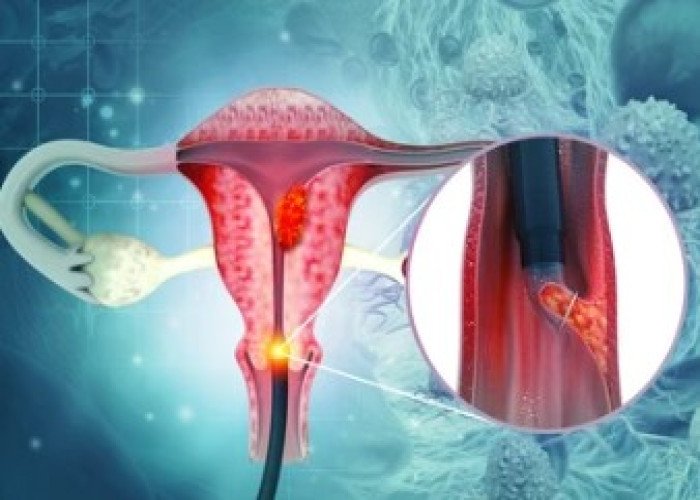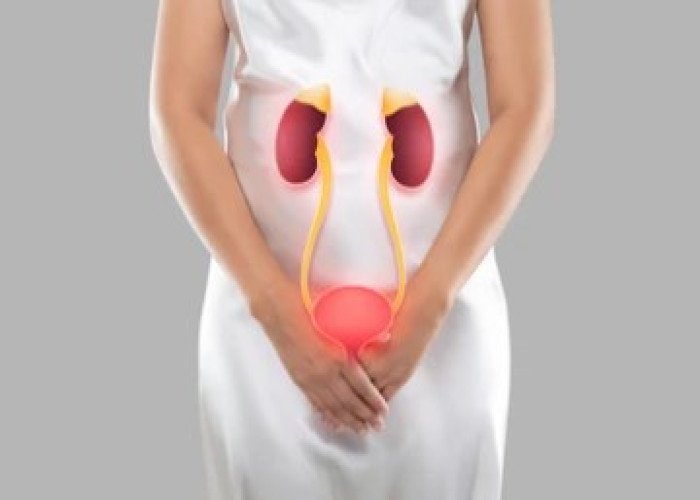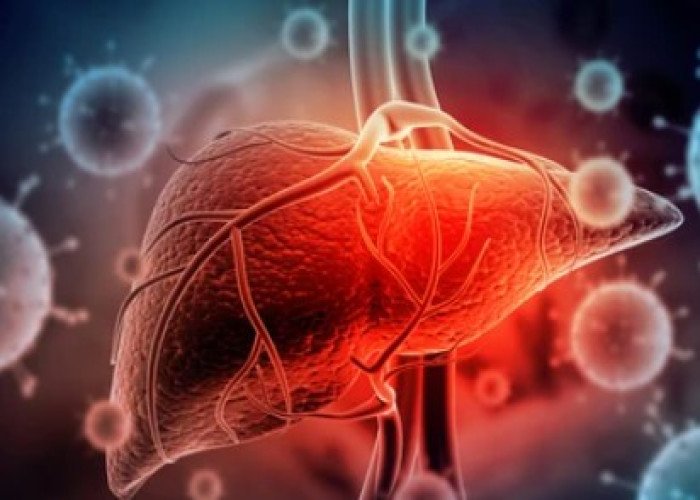 Welcome
Welcome
“May all be happy, may all be healed, may all be at peace and may no one ever suffer."
Urinary stones - Homeopathic remedies
Urinary stones, also known as kidney stones, are hard, solid masses of minerals and salts that form in the kidneys and can cause pain and discomfort when they pass through the urinary tract.
The symptoms of urinary stones can vary depending on the size and location of the stone, but may include:
- Pain in the back, side, or lower abdomen
- Pain or burning during urination
- Difficulty urinating
- Blood in the urine
- Nausea and vomiting
- Fever and chills
Urinary stones can be caused by a variety of factors, including dehydration, high levels of certain minerals in the urine, and certain medical conditions such as gout and urinary tract infections.
Treatment for urinary stones depends on the size and location of the stone, as well as the severity of symptoms. Small stones may pass on their own with increased fluid intake and pain management. Larger stones may require surgical intervention, such as lithotripsy (breaking up the stone with sound waves), ureteroscopy (using a small camera to locate and remove the stone), or percutaneous nephrolithotomy (removing the stone through a small incision in the back).
Prevention of urinary stones can include increasing fluid intake, reducing sodium and animal protein intake, and taking certain medications to help prevent the formation of stones.
If you are experiencing symptoms of urinary stones, it is important to speak with your healthcare provider to determine the underlying cause and to develop a treatment plan that is right for you.

Bedwetting

Cataracts in eyes

Swollen tongue

Cervical cancer

Hydrocele

Burning in urine

Urinary incontinence

Liver inflammation
Urinary stones, মূত্র পাথর
To be happy, beautiful, healthy, wealthy, hale and long-lived stay with DM3S.



